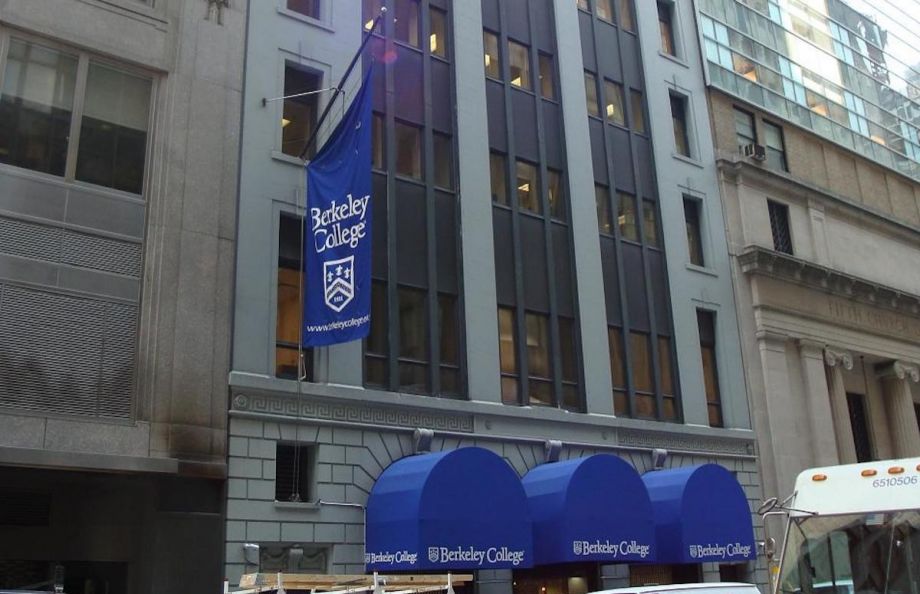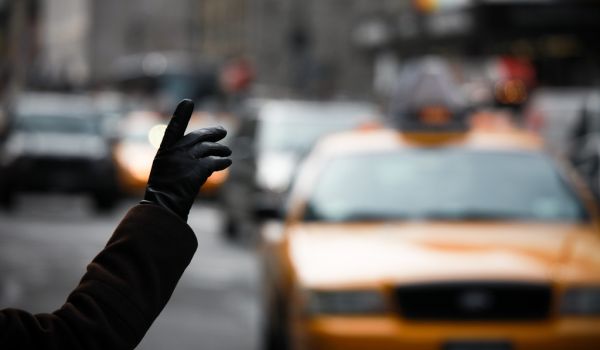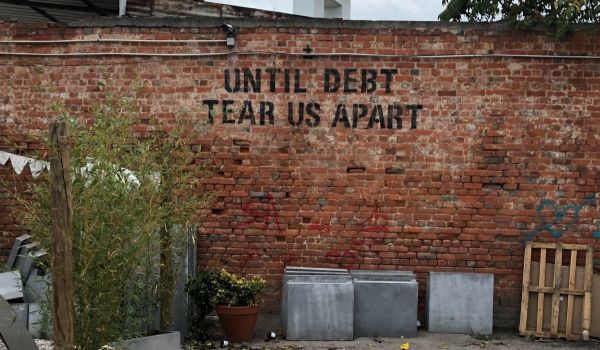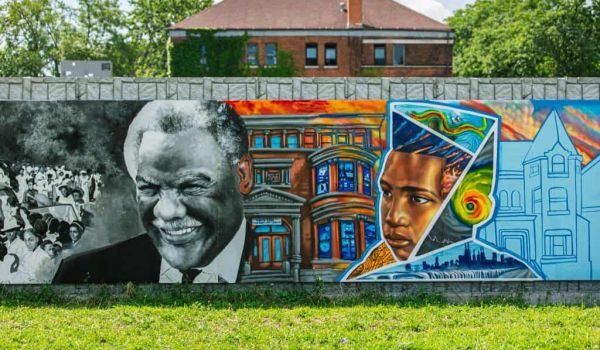NYC Announces Settlement with For-Profit College, $20M Student Debt Elimination
NYC Mayor Eric Adams announced on March 3 that for-profit Berkeley College has agreed to a settlement canceling $20 million in loan debt for former students, Business Insider reports. Though Berkeley admits no wrongdoing, the settlement comes out of a 2018 lawsuit filed by the city’s Department of Consumer and Worker Protection alleging that Berkeley’s deceptive practices included “tricking students into taking out loans directly from Berkeley,” and “concealing costs from students until it is too late for them to withdraw,” according to the press release announcing the settlement.
The Biden administration has taken a piecemeal approach to student debt forgiveness, targeting loans incurred at for-profit colleges and loans taken by people classified as permanently disabled, as well as expanding eligibility for the existing Public Service Loan Forgiveness (PSLF) program. Last fall, The Hill estimated that Biden had canceled more than $9 billion in student loans since taking office.
To put those numbers in perspective, at the onset of the pandemic, around 45 million people owed more than $1.8 trillion in student loan debt, according to Debt Collective, a “debtor’s union” that organizes to abolish unjust debts. All 45 million have benefited from the COVID-based pause on student debt payments and interest dating from March 2020. After extending the program several times, Biden announced that the moratorium would expire on May 1. But sources tell CNBC that the Department of Education has instructed federal student loan servicing companies to hold off on sending out notices about the resumption of payments. For the moment, it appears borrowers may get at least one more reprieve before the pay-down resumes.
HBCU and Nonprofit Launch the Institute of Black Wealth
Miami HBCU Florida Memorial University and the nonprofit TechNolij have announced the creation of the Institute of Black Wealth, a “platform to deliberately and creatively engineer how Black wealth is created.”
Blavity reports that the institute intends to connect Black entrepreneurs to business opportunities, and to use its higher-ed partnership to educate people on financial planning, homeownership and investing, as well as on “more niche” topics such as crypto and NFTs. Former music industry executive Ted Lucas started TechNolij to build a workforce and entrepreneur talent pipeline for women and minorities in tech.
“There are models of the past that prove that this type of social engineering works and has created new Black millionaires and a stronger Black middle class in cities like Atlanta, Detroit, and Washington, D.C.,” said Lucas in a joint statement with Institute co-founder Fabiola Fleuranvil, CEO of Blueprint Creative Group. “Our approach is to engineer similar structures and accomplish the same through the Institute of Black Wealth and with the support of corporate partners, banking institutions, and funders who understand the role they play in supporting efforts that deliberately address structural inequities.”
How Rising Gas Prices Affect People Living in Cars
As people in car-centric communities around the U.S. complain about the sudden spike in gas prices, The Guardian spotlights one unseen casualty of the price gouge: people who live in their cars and rely on a running engine to stay warm. A February 2021 USA Today story called this type of homelessness “vehicle residency.”
“Having to idle for heat when I’m in colder areas definitely takes a toll on my gas mileage,” one Michigan woman, requesting anonymity, told The Guardian. “I don’t have the greatest credit, so buying a home is out of range for me currently, and with rent skyrocketing and most requiring income to be two to three times the rent, it’s impossible to find anything affordable.”
The National Alliance to End Homelessness put the overall number of people experiencing homelessness at around 580,000 in 2020, based on a pre-pandemic point-in-time count. It’s more difficult to estimate specifically the number of people living in vehicles, because they are constantly on the move looking for safe places to park as well as sources of electricity and water.
According to AAA, the average cost of gas in the U.S. as of March 10 is $4.32 per gallon, up from $2.82 per gallon one year ago. According to The Guardian, this pricing surge comes even as the 24 largest oil companies reported $174 billion in profits from January through September 2021.
Editor’s Note: The article headline was changed to clarify the details of the settlement.
This article is part of The Bottom Line, a series exploring scalable solutions for problems related to affordability, inclusive economic growth and access to capital. Click here to subscribe to our Bottom Line newsletter.


















